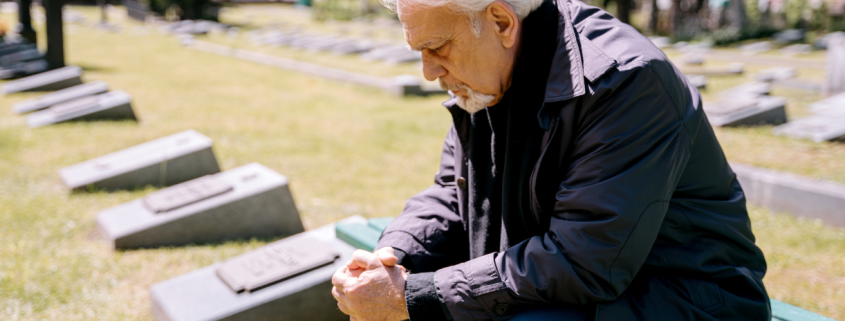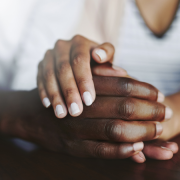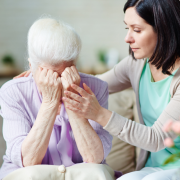The Psychology of Funerals: Why Rituals Matter in Grief Processing
You never forget that first moment—the call, the silence that follows, the way the world keeps moving even though everything inside you has stopped. Grief doesn’t come with a manual. It just arrives. And it doesn’t care whether you’re ready or not.
As a funeral director, I’ve stood beside hundreds of families during those early days of loss. I’ve seen tears, laughter, quiet nods, and the kind of heartbreak that doesn’t always have words. And what I’ve learned is this: funeral services matter—not because of tradition, but because of what they allow us to feel, say, and begin to accept.
Why Rituals Help When Nothing Else Does
Grief is messy. There’s no clean line from heartbreak to healing. But rituals offer a kind of structure when everything else feels upside down.
You wake up, you get dressed, you gather. You bring flowers, you hear stories, you say goodbye. These things might seem simple, but psychologically, they’re doing something powerful: they help the brain start to accept what the heart can’t.
In those early hours or days after a loss, people are often in shock. A well-guided service—even a small one—acts like a bridge. It gently moves us from the surreal toward something real.
And that shift is where healing starts.
Funeral Directors as Quiet Guides
A good funeral director doesn’t try to control your grief. We’re not here to direct your emotions or push tradition for tradition’s sake. We’re here to listen, to guide, and to help you shape a moment that reflects the life lived.
That might look like a candlelit service in a chapel. Or it might mean a casual gathering in a backyard, with a playlist and handwritten notes. Either way, the ritual itself creates space—for grief, for memory, and sometimes, for unexpected laughter.
Because yes, even in pain, joy can sneak in.
Processing Grief and Loss, Together
One of the hardest parts of grief and loss is how isolating it can feel. Even when you’re surrounded by family, it’s easy to feel like no one really understands what you’re going through.
That’s why rituals matter so much. They pull us into community. Into shared experience.
When we show up for a memorial, we’re not just honouring the person who died—we’re saying to the ones left behind: You’re not alone.
The act of sitting together, listening to stories, or placing a flower on a casket—it doesn’t erase the pain. But it holds it, if only for a little while.
And that holding is what helps.
More Than a Service
We often talk about memorial services like they’re one-time events. But for many families, they become touchstones. Markers in the timeline of grief. “That was the day we said goodbye,” they’ll say. Or, “That was when I finally let myself cry.”
It’s different for everyone, and that’s okay.
As a grief support advocate, I tell families that there’s no right way to mourn. But there are helpful ways to move through it. Ritual is one of them. Not because it fixes anything, but because it gives us permission to feel.
The Quiet Power of Bereavement Support
At Tranquillity Funeral Services, we don’t just walk with you during the service—we’re here after, too. That’s what true bereavement support looks like.
Sometimes it’s a phone call weeks later. Sometimes it’s offering grief resources or just reminding someone they’re not forgotten in the quiet after everyone goes home.
Grief doesn’t follow a schedule. So our care shouldn’t either.
What Stays With Us
When someone dies, it can feel like the ground has shifted. Like nothing is quite real. Funeral services—when done with care and intention—can help you find your footing again.
They won’t take away the grief. But they can help you carry it.
And in time, they remind you: this love, this loss, this story—it mattered.









